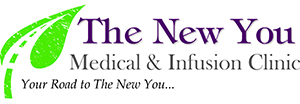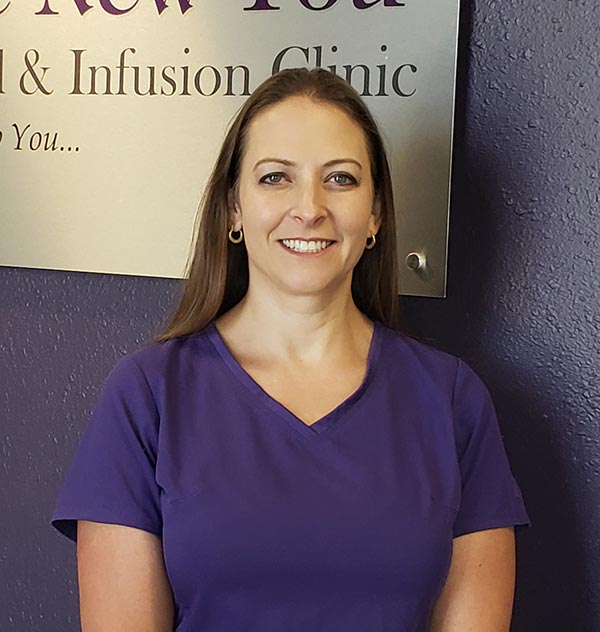Opioid Dependence Treatment in Colleyville, TX

The word opiates often conjures images of Victorian England, Sherlock Holmes and other far-removed associations. In reality, opioid dependence is one of the most relevant public health concerns facing our society today. The US is in the midst of an opioid overdose epidemic. In 2014 more than 28,000 people died from opioid overdose. And the numbers show us that the addiction can start young, with about 8% of high school seniors saying that they've used the prescription painkiller hydrocodone for nonmedical reasons over the past year. Prevention of opiate dependence can be difficult as there's no way to know who will become addicted. Many individuals use prescription pain pills, even misusing them for a short time, without developing an opioid addiction. Though opioid abuse is a serious public health issue, preventative measures and treatment for full-blown addiction are available and can be life-saving.
You can find support that works for you, today. To seek help from a healthcare professional in Colleyville that specializes in opioid dependence treatment, call (817) 203-2760 or contact Ms. Jessica Stangenwald online.
Addictive Opioids
Opioids work by binding to receptors in the brain, spinal cord and other areas of the body, blocking messages to the brain that communicate feelings of pain. Opioids are used to treat moderate to severe pain that might not respond well to other medications. Opioids that lead to prescription drug addiction include:
- Hydrocodone (Hysingla ER, Zohydro ER) & Hydrocodone/acetaminophen (Lorcet, Lortab, Norco, Vicodin)
- Codeine (generic only)
- Morphine (Astramorph, Avinza, Kadian, MS Contin, Ora-Morph SR)
- Oxycodone (OxyContin, Oxecta, Roxicodone) & Oxycodone/acetaminophen (Percocet, Endocet, Roxicet) & Oxycodone/naloxone (Targiniq ER)
- Fentanyl (Actiq, Duragesic, Fentora)
- Hydromorphone (Dilaudid, Exalgo)
- Methadone (Dolophine, Methadose)
- Meperidine (Demerol)
Opioid Dependence Symptoms
Opioid dependence symptoms can mimic those of other substance abuse dependence disorders. These include:
- Uncontrollable cravings
- Unable to control or stop opioid use, despite the negative impact on interpersonal relationships and finances
- Euphoria
- Psychosis
- Depression
- Irritability
- Lowered motivation
- Improved self-esteem
- Difficulty sleeping
- Decreased appetite
- Anxiety attacks / increased general anxiety
Opioid withdrawal can become violent, with symptoms lasting from hours to several days. Withdrawal is agonizing to endure, so it is a major reason for relapse and continued prescription drug abuse. It's important to find an effective detox program as the following opioid withdrawal symptoms can often be physically and emotionally tormenting.
- Craving drugs
- Diarrhea
- Dilated pupils
- Excessive yawning
- Abdominal pain
- Chills, shivers and goose bumps
- Nausea and vomiting
- Body aches and pains
- Irritability and severely negative moods
Treatment for Opioid Dependence
While proper drug disposal is necessary for prevention, there are treatment options for when prescription drug use turns into an opioid addiction. It's important to remember that opiate dependence isn't a moral or mental weakness, but a chronic medical condition. Recovery takes time and patience, as breaking from the cycle of detox and relapse is typically a long-term process. Medication and counseling improve the chances of success. Medication is necessary, in conjunction with therapy, to address the physical aspect of addiction. For opiate withdrawal, medications include:
- Methadone - Methadone works by activating the same opioid receptors as other narcotics. A correct dose of methadone prevents withdrawal symptoms and eases cravings, without providing the euphoria of other opioids. Methadone allows for individuals to be tapered off of physical dependence on narcotics. It’s the most effective known treatment for narcotic addiction.
- Buprenorphine alone (Subutex) or buprenorphine plus naloxone (Suboxone) - This is a newer drug that works in a similar way to methadone, by blocking pain receptors and consequently reducing cravings and preventing withdrawal symptoms.
- Clonidine - Used in conjunction with the above medications, clonidine is a blood pressure medicine that acts on the brain to reduce the effects of the “fight or flight” response which is over-stimulated during opioid withdrawal. Clonidine does not, however, reduce drug craving and is most effective as a supplement to the above medications.
Medication is most effective when used in conjunction with therapy. There are many individual and group therapies available for treating opioid abuse. These include:
- Narcotics anonymous - This 12-step equivalent of alcoholics anonymous is an international network of community-based meetings for those recovering from drug addiction.
- Cognitive behavioral therapy - A short-term, goal-oriented psychotherapy treatment with a practical approach to problem-solving. CBT helps to change behaviors of addiction as well as patterns of thinking.
- Motivational interviewing - A goal-oriented, client-centered counseling that works on cultivating intrinsic motivation to change behavior and explore and resolve ambivalence, a common roadblock in recovery.
- Family and couples therapy - A type of therapy that works with families to mend interpersonal relationships that are often impacted by opioid abuse.
Successful recovery encompasses all facets of an individual's dependence. But recovery begins with recognizing that there is a problem and then seeking treatment. To find a healthcare professional in Colleyville that specializes in opioid dependence treatment, call (817) 203-2760 or contact Ms. Jessica Stangenwald online.
The New You Medical & Infusion Clinic
Address
100 Grapevine HwyHurst, TX 76054
(817) 203-2760
https://www.newyoumedclinic.com/
Hours
Mon:
10:00 am - 6:00 pm
Tue:
10:00 am - 6:00 pm
Wed:
10:00 am - 6:00 pm
Thu:
10:00 am - 6:00 pm
Fri:
Closed
Sat:
Closed
Sun:
Closed


